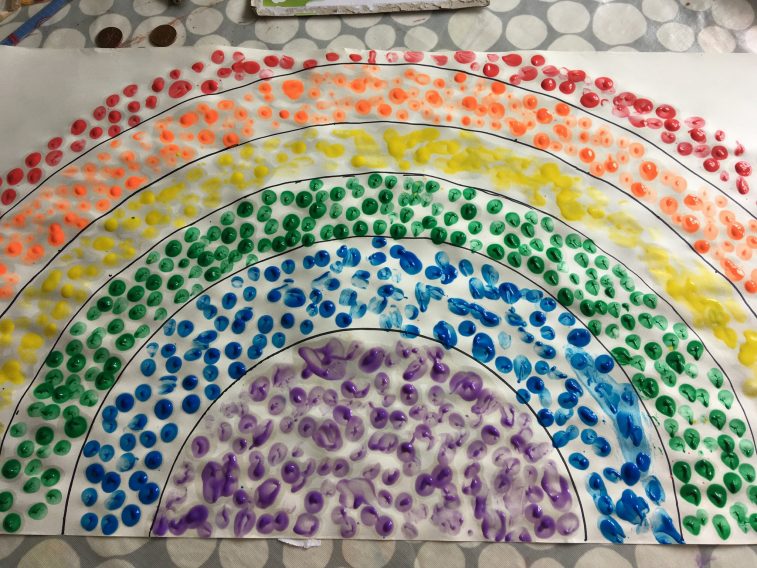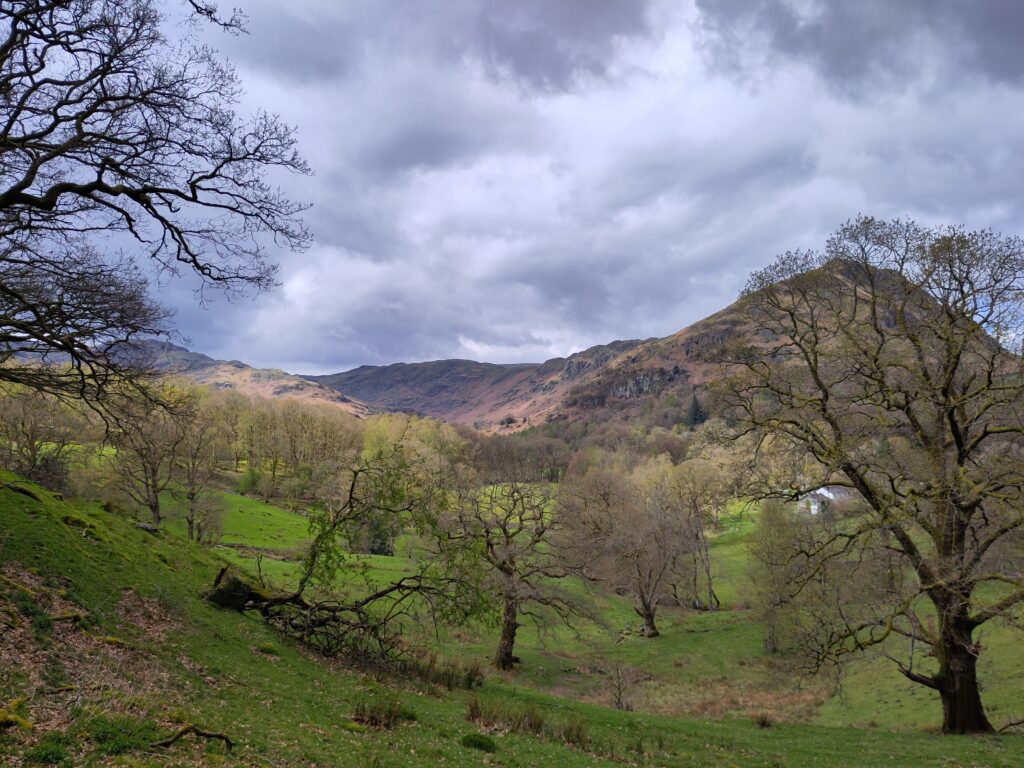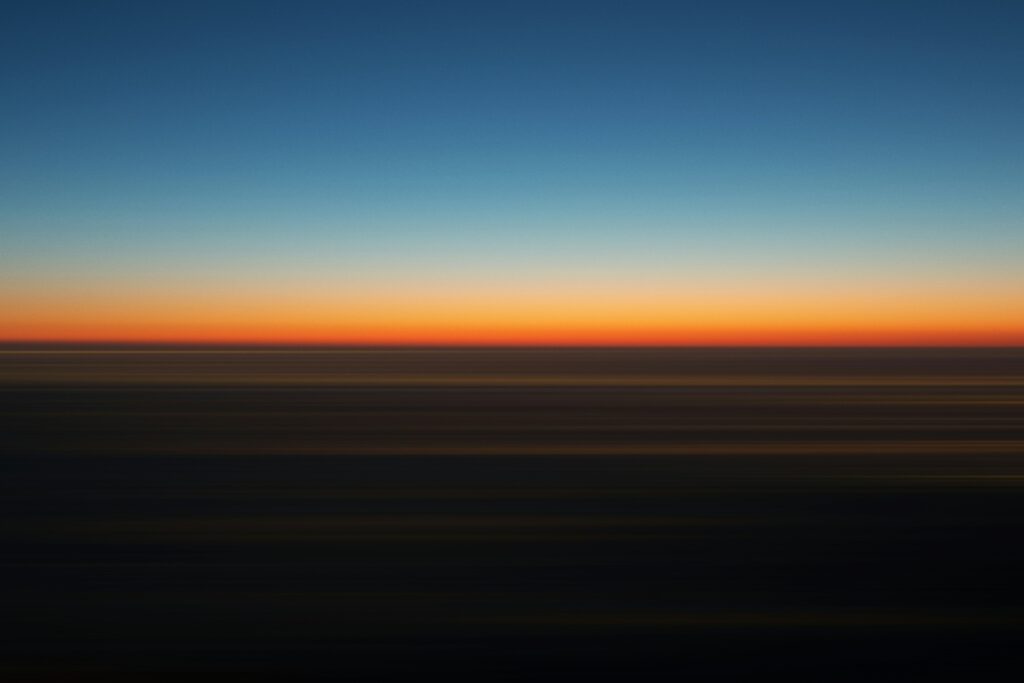Maud shares her response to how Covid-19 is impacting the environment and ourselves.

Some say it is quiet outside, and it is, except I hear the sirens, that seem ever more regular.
We are now in the fourth week of the lockdown and so far my emotions have been fairly standard; I’ve got grumpy, grieved, stared at walls, felt guilty, ate more than I ought, desperately tried to teach my children, held down my job, hid under the duvet and checked in with family, friends and neighbours.
None of this is easy. It reminds me of a poem by Alice Walker, ‘the world has changed’ except the world hasn’t changed, it is in an odd hiatus. I feel like in some ways someone pressed paused on my remote control except I can’t put my life on hold any longer.
Climate justice
There is a sense of delight in what some see as environmental progress; the clearing of pollution and nature clawing its way back. I have heard it said that the virus is nature fighting back and that we are the real virus – is this real I thought? That all this time I thought we were calling for climate justice, when what we needed was a deadly virus which will cause death on an unprecedented scale? We already know that the virus will disproportionally impact those communities most vulnerable who are unable to shield themselves.
What does a narrative of ‘we are the virus’ say about us? Whose lives are we prepared to sacrifice in order for us to live? Front line staff, those living in refugee camps, those imprisoned, those with health conditions, those in countries with limited health care options?
I can sit in my home, order my veg box and wax lyrical about the beauty of hearing bird song – but I need to be aware that I can do that. I am shielded because of my circumstances and so if I were to suggest that we are the virus – I am not talking about myself, I am talking about ‘them’ those least able to shield themselves and I am saying that their lives are expendable.
I cannot endorse this sense of delight in environmental progress because of Covid-19, any gains will be short lived if we do not take time to learn from the experience and call on our leaders to avoid any return to business as usual. I cannot endorse delight in the suffering of many; neither could I live with the suffering resulting from the climate crisis. I need to believe in another future. A future where the earth and all whom inhabit it can live in harmony and peace. This is the future I will work towards.
So what can we learn from lockdown?
I am worried that instead of thinking about the damage caused by the economic system, instead of thinking about the aviation sector, the destruction to woodland caused by HS2 or a green new deal, we can sit in our houses, change nothing about our lives but delight in nature clawing its way back due to a virus that will kill so many. Without time to learn and reflect from this, we risk going back to business as usual. So what can we learn; what are you learning from this?
I am learning to live with my family again – without school, working at home; we are eating, cooking and playing together.
I am learning skills around the house that I had put off.
I am learning to ride my bike and to not be scared of roads.
I am conscious of food waste, and changing my cooking habits.
I am living with less
I am getting to know my neighbours.
I am learning to sustain and make new friends virtually.
And, I have learnt that without self-care, I am not much fun to live with.
All these lessons and more are shared. In my conversations we are talking about the kind of world we want and what we are prepared to change about our lives in order to live more harmoniously with the world around us.
What next?
I don’t believe we are the virus, but I know that how we were living before was leading us into crisis and so I want to take this opportunity to learn and unlearn. This will be easier on some days than others, because as well as finding room for bigger picture thinking I also need to acknowledge the pain and the grief and the suffering – This is not an ok time for many.
And so for me, I need time. I need to grieve; I need to be sad and stare at my walls because this might be causing positive strides for the environment but I didn’t want it at this cost. I need to ask what is required of me; I know that I need to find a way to live with COVID-19 and not put my life on hold until it’s over.
Maud Grainger is Faith in Action Programmes Coordinator for Woodbrooke. She has experience of and passion for environmental, social justice and interfaith work. She is interested in how we live our witness in the world and community activism.



